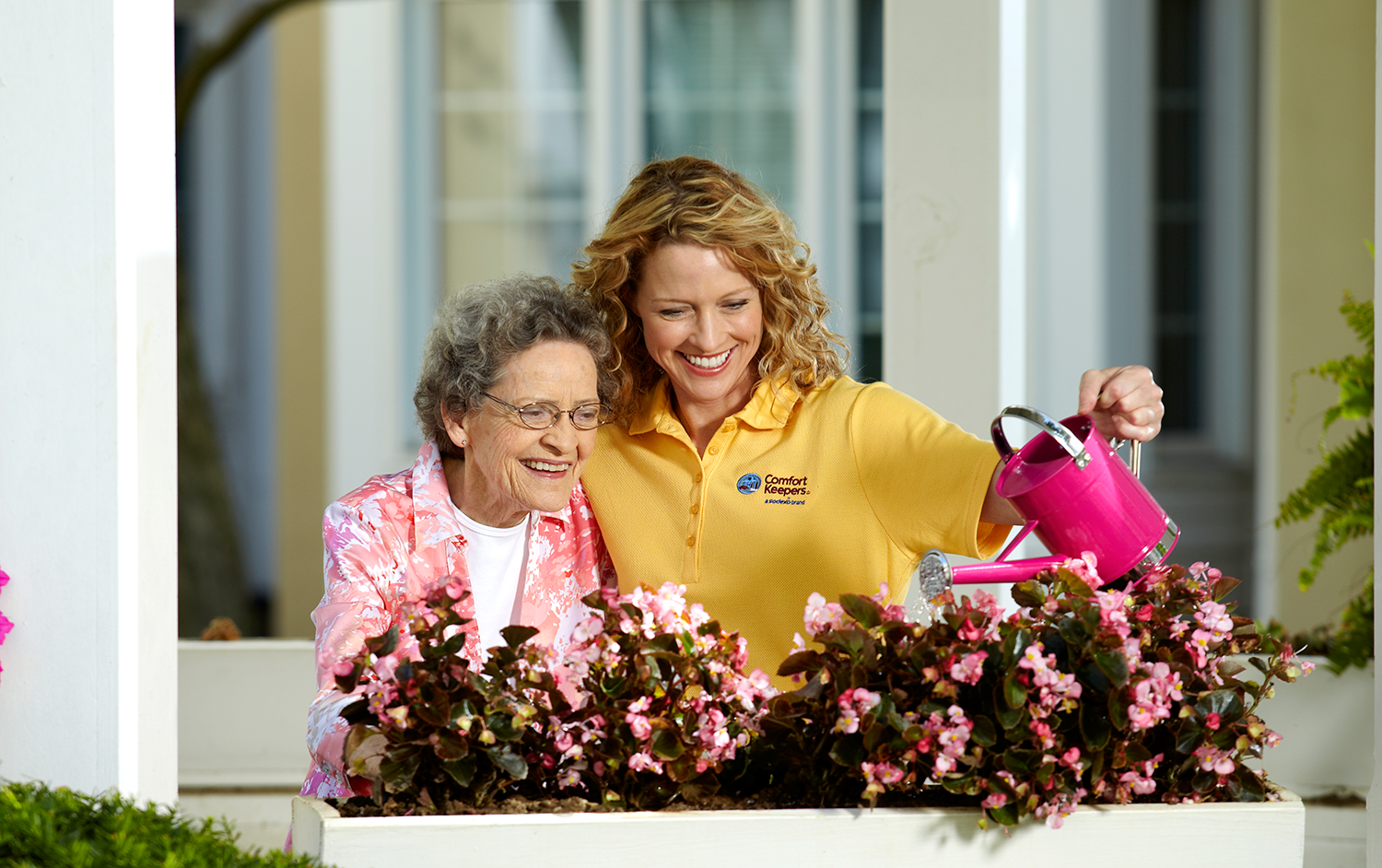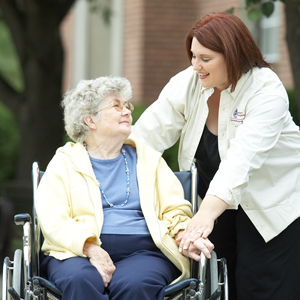What To Do If Your Loved One Wanders
Blog | March 22, 2016
It’s one of the scariest and also most common behaviours associated with Alzheimer’s disease — becoming lost, even in familiar places, with no idea how to get home. People around may want to help, but don’t know where to start.
Caring for someone with Alzheimer’s disease or other dementia. If you care for someone with Alzheimer’s disease or other dementia, the scenario you likely fear most involves that person getting lost and coming to harm. And harmful exposure to the elements is just one of many concerns.
Dementia is an umbrella term for a group of brain disorders, of which Alzheimer’s disease is the most common form. Symptoms include loss of memory, impaired judgment and reasoning, and changes in behaviour. Today, 747,000 Canadians are living with dementias. While dementia is not a normal part of aging, age remains the biggest risk factor. Most people with dementias will wander at some point during the progression of the disease.
Not knowing the plight of a loved one with Alzheimer’s can be agonizing on family and friends. If you are concerned about your loved one ever going missing, there are options to ensure a safe return home or back with a trusted caregiver.
Registered charities, Alzheimer Society of Canada and MedicAlert® Foundation Canada, have developed one such option with the nation-wide MedicAlert® Safely Home® program.
Through this program, the recognizable MedicAlert ID and service helps emergency responders quickly and effectively treat people who can’t speak for themselves. But behind this service is much more than an efficient, speedy transfer of medical information. MedicAlert also works to educate and train paramedics – as it has for over 50 years – and, increasingly, more first responders like regional police who handle a majority of wandering incidents.
Speaks for those who can’t
Personal information (name, plus any vital medical conditions or needs) and a hotline number are engraved on the unique MedicAlert ID bracelet that’s meant to be worn on the body at all times. Should a loved one ever go missing, police can quickly identify them by calling the MedicAlert 24/7 Emergency Hotline.
Available 24/7
Information about your loved one (such as a physical description, updated photo and wandering history), any other relevant health information, and emergency contacts are readily made available through the 24/7 Emergency Hotline – answered within an average of 5 seconds.
Notifies family
When called, the hotline’s trained medical specialists immediately contact family members and caregivers to let them know the situation and location of their loved one, reducing anxiety for everyone.
Locating and reuniting those that have wandered with their caregivers is so crucial. That’s why police and paramedics quickly need access to concise information to identify the person who has wandered, plus a way to immediately contact their caregivers and bring them safely home.
At Comfort Keepers our PSWs and caregivers are specially trained in the care of individuals suffering with Dementia and Alzheimer’s using the Gentle Persuasion Approach and Montessori Methods.
Individualized Home Care Options
Long-Term Home Care, 24 Hour Home Care & Short Term Care Options Customized for You







